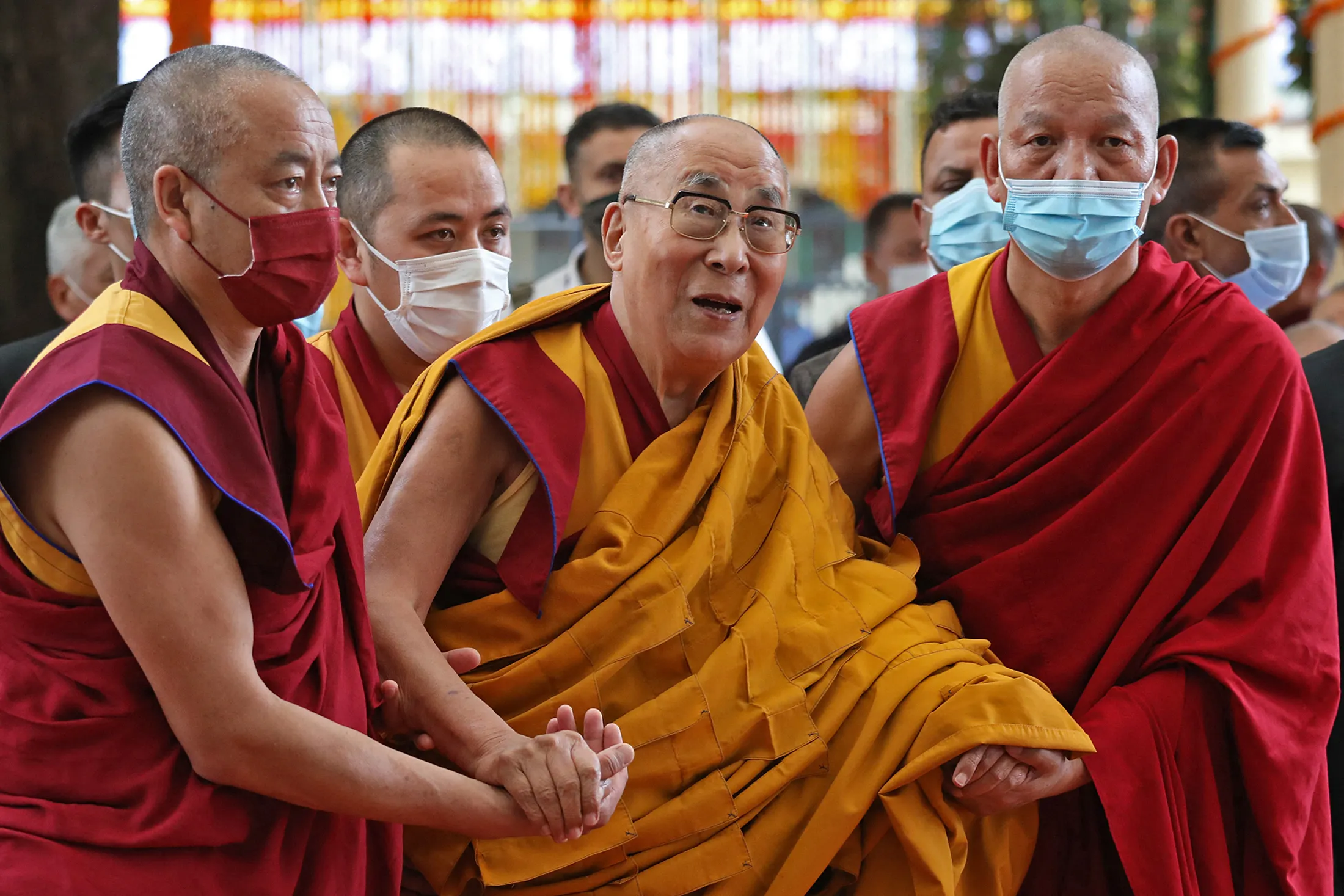Ramadan in Azerbaijan: A Unique Blend of Religious Prayer, Social Harmony, and Self-Restraint
Ramadan is the ninth month of the Islamic calendar, and it is the most sacred time of the year for Muslims
Ramadan in Azerbaijan: A Unique Blend of Religious Prayer, Social Harmony, and Self-Restraint
Ramadan in Azerbaijan: A Unique Blend of Religious Prayer, Social Harmony, and Self-Restraint
Ramadan is the ninth month of the Islamic calendar, and it is the most sacred time of the year for Muslims. Throughout the month, Muslims fast from dawn to sunset, which is a form of spiritual and physical discipline. Ramadan holds particular significance because it is the month when the Qur'an, the Islamic holy book, was first revealed to Prophet Muhammad (PBUH). The last ten days of Ramadan are particularly important, as they commemorate "Laylat al-Qadr" or "The Night of Power."
During Ramadan, Muslims begin their fast with a pre-dawn meal known as "sehri" and break their fast at sunset with the meal called "iftar." Fasting in Ramadan is not limited to abstaining from food and drink; it is also a time for spiritual growth, purification, and self-reflection. Muslims are especially encouraged to refrain from sins and any forbidden actions during this time.
The two significant meals that Muslims have during Ramadan are sehri and iftar. Sehri is the meal they eat before dawn, and iftar is the meal to break their fast at sunset. However, certain individuals, such as pregnant women or those with health issues, are exempted from fasting.
Ramadan is one of the five pillars of Islam, known as 'Sawm' or fasting. The five pillars of Islam are: belief in the oneness of God and accepting Prophet Muhammad (PBUH) as God's messenger (Shahada), performing five daily prayers (Salat), giving charity (Zakat), fasting during Ramadan (Sawm), and performing the pilgrimage to Mecca (Hajj).
At the end of Ramadan, Muslims celebrate Eid al-Fitr, which comes after the conclusion of the fast. Eid al-Fitr is a joyful celebration marking the end of fasting, where Muslims perform the special prayer for Eid after sighting the new moon and gather with family and friends. On this day, charity (Zakat al-Fitr) is given, gifts are exchanged, and homes are decorated. Additionally, sweet dishes are prepared, and flowers are placed on the graves of deceased loved ones.
In Azerbaijan, there is also a tradition of observing Ramadan. Azerbaijan is a predominantly Muslim country, and after the dissolution of the Soviet Union, the country began observing Ramadan in 1993. The country is well-known as a center for Islamic culture and tradition, where religious freedom and the right to fast are fully protected.
Ramadan is not only a religious festival but also a special opportunity to foster unity, empathy, and a sense of equality among Muslims.









